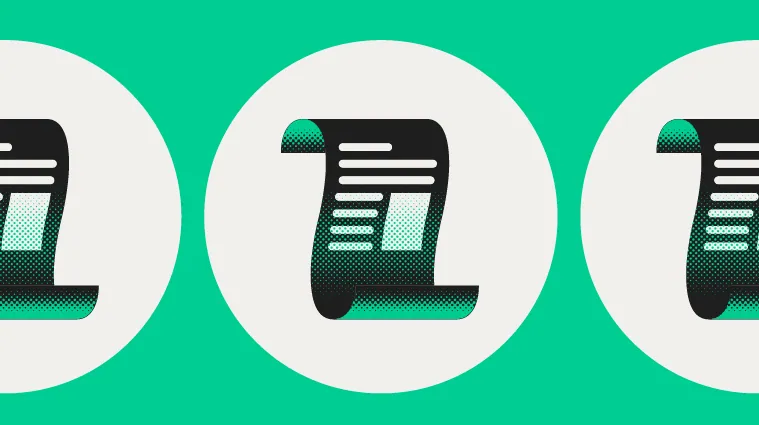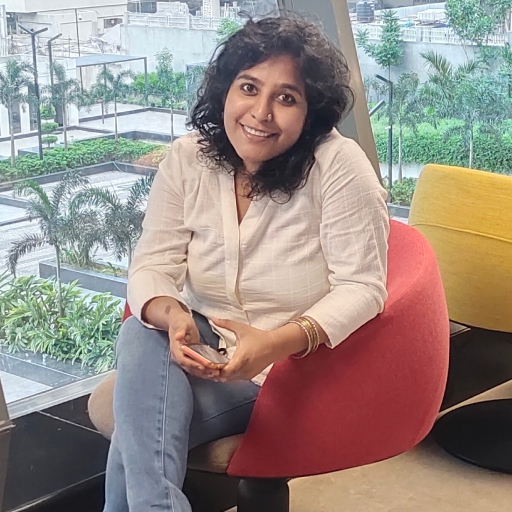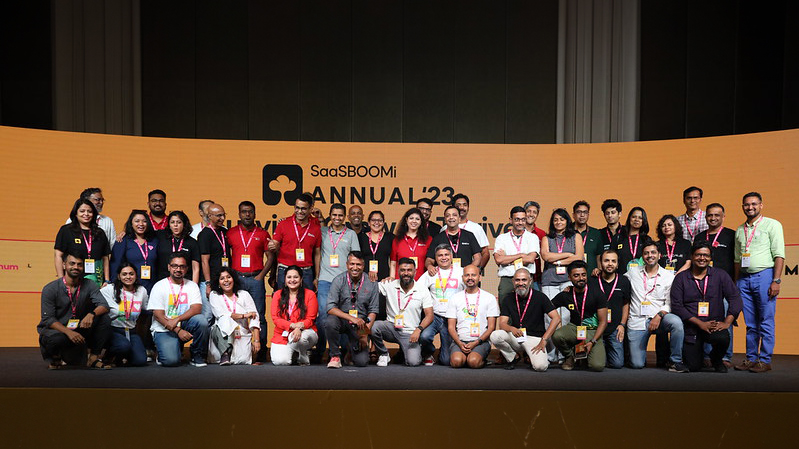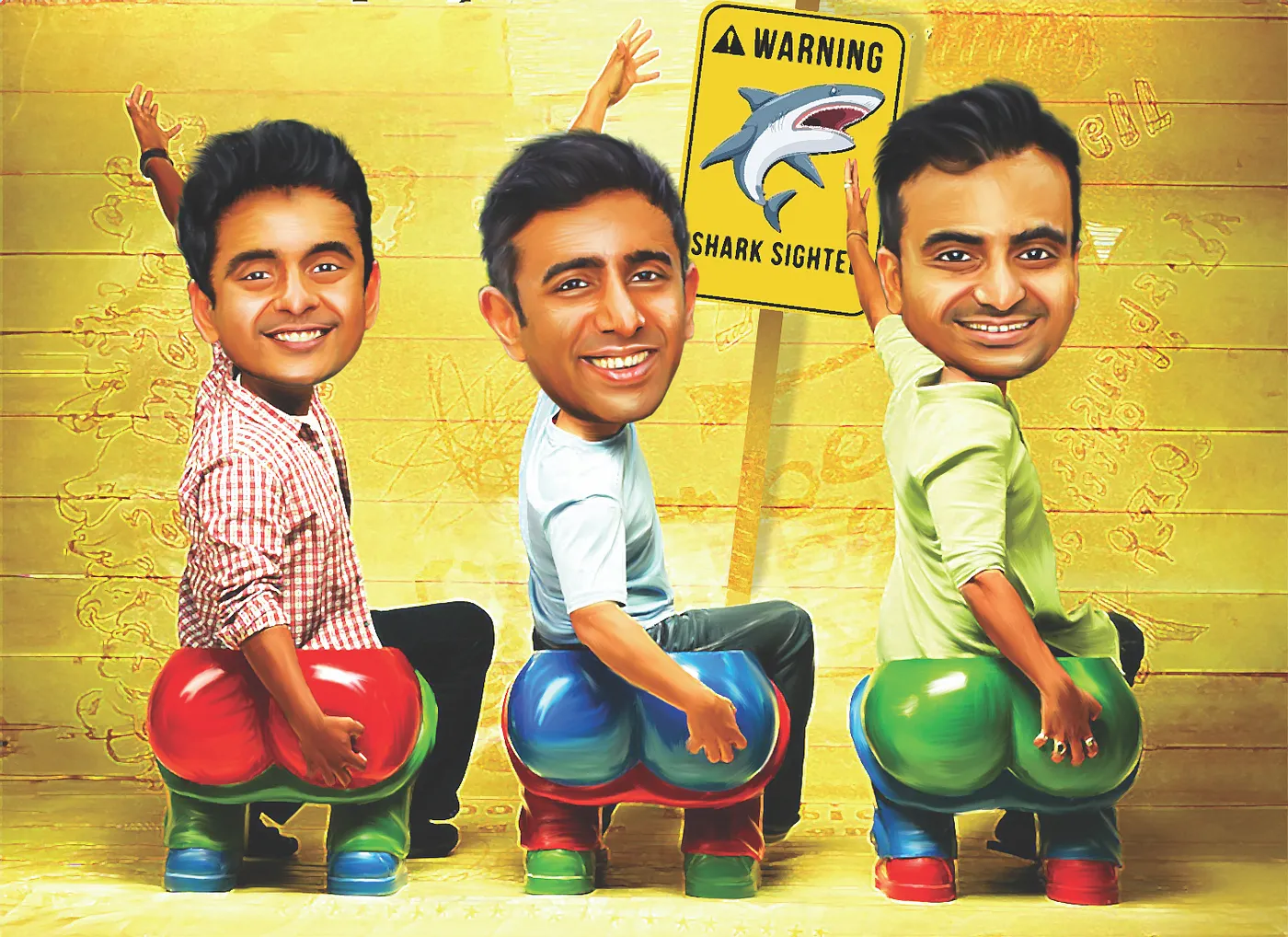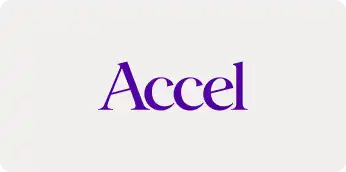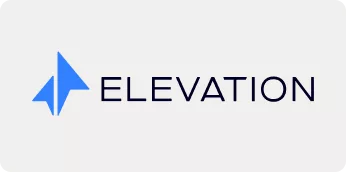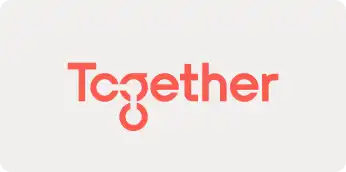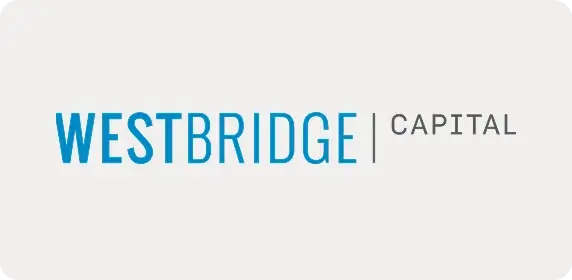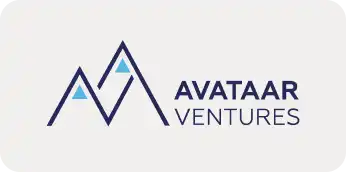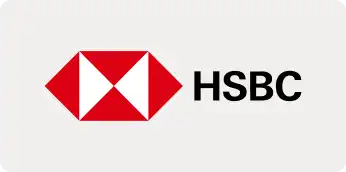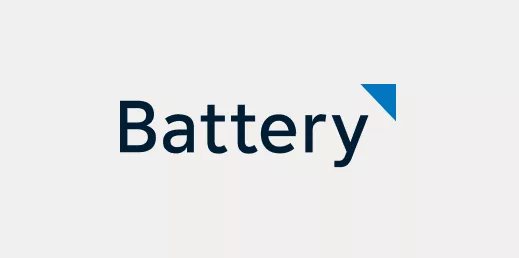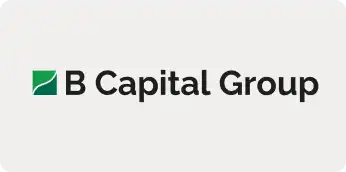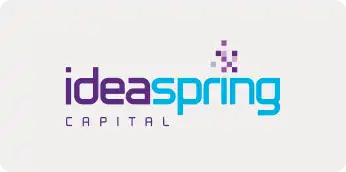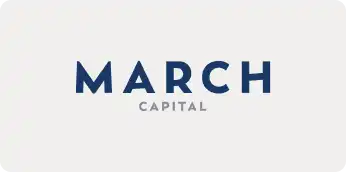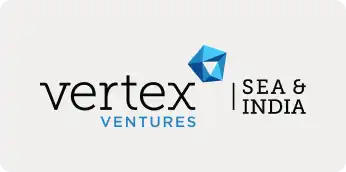“Empathy is not something we offer to our customers or our employees from nine to five. It is a second by second, minute by minute service that we owe to everyone if we want to call ourselves a leader.”
~ Lieutenant Colonel Mike Drowley
At the age of 30, Bob Chapman became the CEO of Barry-Wehmiller in 1975 – when it had a net worth of $18 million, outdated technology, and a weak financial position.
Over the next 40 years, Bob transformed B-W into a $3 billion global business with over 100 successful acquisitions. It is important to note that most of these companies were in financial distress when acquired, and Bob turned all of them around.
While Bob’s phenomenal business acumen did matter, the culture he nurtured in these companies played a more significant role in their success.
On their first day at a new company, most CEOs bring with them a new business strategy and a squad of consultants, all set to instruct the team on how to become profitable. Bob, on the other hand, brought with him a genuine willingness to listen and empathise.
In March 1997, Bob made his first visit to HayssenSandiacre, a packaging company that B-W had just taken over.
At 7:30 am, he was in the cafeteria, observing employees who weren’t aware of who he was. As time went by, something became amiss.
“I noticed that the closer it got to 8 o’clock, the more the enthusiasm and joy started to drain out of their bodies.”
As he did at every company he had acquired, Bob started by talking to the employees. Or rather, listening to how they felt about working there.
Ron Campbell, a veteran machine tester who had been with the company for over 27 years, exposed the truth.
“I walk in the same door with engineers, accountants and other people who work in the office. They turn left to go to the office and I go straight into the plant and we are treated completely differently. You trust them to decide when to get a soda or a cup of coffee or take a break; you make me wait for a bell.
As soon as I stepped in the plant, it’s like all my freedom just slipped away. It feels like someone has their thumb on me. I had to punch a time clock when I walked in and again when I left for lunch, came back and when I was done for the day.”
It seemed like there were two different companies. Those who stood by the machines on the factory floor felt like the company didn’t trust them, like they trusted the office employees.
The very next day, Bob instructed the personnel leader to take down the break bells and clocks at once. And that was just the beginning.
Earlier, the spare machine parts were in a locked cage, and an employee needed the permission of a supervisor to get a spare part. Bob ordered all the fences and locks removed, and allowed any employee to step in and get the part they needed.
Earlier, a factory floor worker needed permission to use a payphone, when an office employee could do it at will. Bob made company phones available to any employee at any time – no coins or permission required.
Bob made sure that every employee would be treated the same way. Empathy would be infused into the company, with trust as the new standard.
In a short time, the company as a whole began to thrive. Over 10 years since the locked cages came down, there was almost no theft. There were fewer machine breakdowns and stoppages. And since Bob took over, HayssenSandiacre’s revenue rose from $55 million to $95 million, solely through organic growth, without any debt or company reorganization.
“Empathy is caring about the human being, not just their output. Leadership is putting the needs of others ahead of our own. It’s not about being ‘in charge,’ it’s about taking care of those ‘in your charge.'”
~ Simon Sinek
In his book Leaders Eat Last, Simon explains how it’s a leader’s job to create a secure culture. Leaders need to give their people trust; empathy; a sense of belonging; and the power to make decisions. Leaders need to create a Circle of Safety for their people.
The Circle of Safety helps people feel less threatened and more sheltered within the group. This way, they don’t have to spend time trying to protect themselves from each other, and instead, have each other’s backs, protect the company from outside threats, and seize growth.
“Not only does feeling safe inside give us peace of mind, but the positive impact on the organization itself is remarkable. When the Circle of Safety is strong, we naturally share ideas, share intelligence and share the burdens of stress. Every single skill and strength we have is amplified to better compete and face the dangers in the world outside and advance the organization’s interests vastly more effectively.”
This edition of MRR is here to help you hone empathy in your leadership, make your teams feel trusted, and strengthen your Circle of Safety. Here are three excellent and timely pieces to start your journey with:
- Tuning in, turning outward: Cultivating compassionate leadership in a crisis [McKinsey]
Four qualities—awareness, vulnerability, empathy, and compassion—are critical for business leaders to care for people in crisis and set the stage for business recovery. - Sandra Oh Lin: How to be a great leader amid uncertainty [Inc.]
The founder and CEO of KiwiCo talks about the importance of transparency and empathy in the time of Covid-19, and her experiences building her company. - How the growing identity economy is reshaping the future of work [FastCompany]
Esther Perel argues that leaders who treat employees as whole people—not just workers—can create workplaces that actually work.
Dive in.
~ Sadhana
On behalf of Team SaaSBOOMi
Engage
- SaaSBoomi Fellowship
A 12-month full-time opportunity for young professionals who want to contribute to building India as a product nation. The fellowship program offers a ringside view into all-things SaaS — helping the fellows get one step closer to their dreams of building the next big product company.
- The SaaSBoomi Values
Our 6 core values, community ethos, and Culture and Values Source Document – which captures the essence that binds our diverse group of SaaS-minded individuals together.
- “We are in this together” – Listening sessions for founders during the Covid-19 crisis | Every Sunday – 10:00 AM – 11:30 AM
Exclusive weekly sessions that help founders spend time with some of the best mentors in the Indian startup ecosystem. Come, be a part of our collective journey to recovery.
Latest on the SaaSBoomi blog
- The winners of the inaugural SaaSBOOMi 2020 Awards
The 8 SaaS startups that have turned every adversity into opportunity, building brands and businesses which stand the test of time. - Why it is never too early to hire a marketer for your startup
Arvind Parthiban explains the importance of building predictability in your startup growth and how a solid, unique marketing strategy is key to achieving that. - Building a bootstrapped, sustainable and global SaaS startup
Serial entrepreneur Ankur Joshi talks about his startup Nuclei, what he has done differently in his latest entrepreneurial avatar, and what’s next for the business.
From the Community

Avinash, our Chief Giver. An empathetic leader at heart and an ecosystem-builder by nature, he has played a central role in driving thriving communities at NASSCOM and iSPIRT, and is now continuing his streak at SaaSBOOMi and Accel India. Over his 18 years of experience, Avinash believes that the main ingredient for a sustainable community is uninhibited sharing – of knowledge, ideas, and lessons. To him, SaaSBOOMi is special precisely for that reason.
“The SaaSBOOMi team is committed to the notion that the only way forward is together. That every member of the community has the inherent obligation to dole out their lessons and to ensure that the other members don’t reinvent the wheel. And that is the recipe for a thriving ecosystem.”

